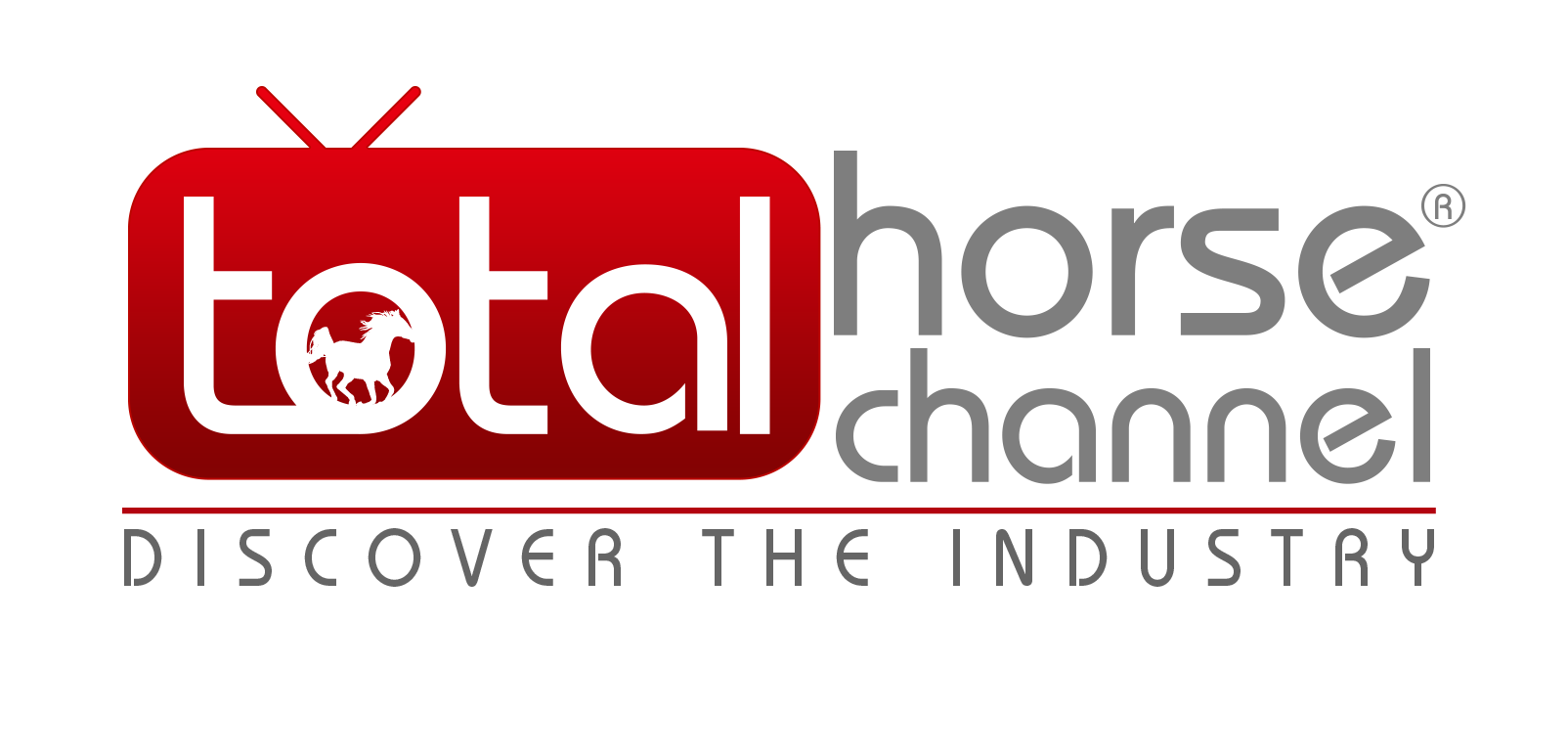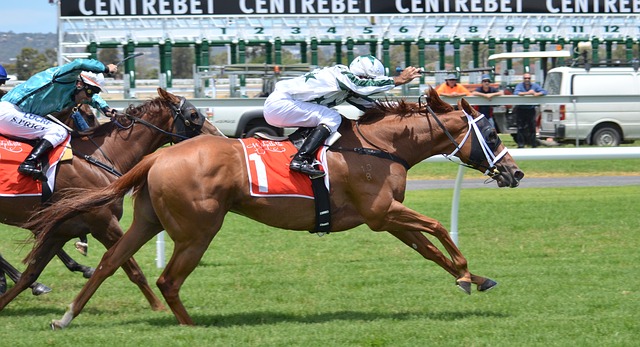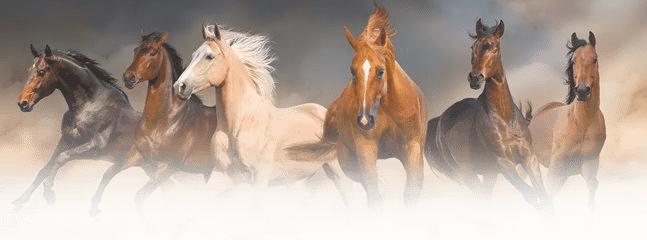Image Source
Like any other form of sports betting, there is no surefire way to accurately predict a game’s or, in this case, a race’s outcome. As you know, this is because you need to rely significantly on luck to win bets in horse racing. However, this doesn’t mean that there is nothing you can do to give yourself better chances at winning a race or two. In fact, by researching and getting familiar with each race, you can make an educated prediction, leading to many wins.
But then you must be wondering about the thing about researching. Yes, researching is vital if you want to win more bets in horse racing, but where should you start exactly? On the horse, of course! In fact, if you’re attentive enough, there are telltale signs that you can see in a horse that makes it a winner.
Of course, this won’t make your bets accurate, but at least with these signs, you’ll have a good idea of how the horse will perform during the race. These factors will certainly help you make accurate bets, especially if you learn how to spot them easily at first glance. That said, here are some telltale signs that a horse is a winner.
Track Record
Of course, the very first thing you should check before betting is the form guide. The form guide isn’t only an information guide about the races and the horses and jockeys themselves.
Generally, it’s a good sign if a horse is a consistent top three in its previous races, and of course, these races should be recent, or else the information is useless. But the thing here is that you should always check the factors behind those placements.
For example, let’s say that the horse is a consistent top three in its last two races. You noticed that all of these races utilize a short synthetic track for the event. So, of course, one would deduce that the horse would probably perform less when racing on a dirt track. If this is the case and the current race is using a dirt track, then, of course, the horse will probably be less stellar than its previous performances even if it has good race odds.
Surface Type
Speaking of surface type, let’s discuss it a bit deeper. Looking at which kind of surface a stadium utilizes is a factor you should always consider. There are three surface types, namely dirt, synthetic, and turf. Once you determine which of these materials the current event is using, you should cross-reference this information on your horses.
Usually, it mainly depends on the breed. Some breeds are good in synthetic tracks and those that don’t. These types of breeds are usually heavy-footed, which means that when they run, they step on harder. On a synthetic surface, this isn’t an issue, and in fact, it makes the horse much faster. On a dirt track, however, it’s an entirely different case. The feet will burrow deeper in the ground, reducing the horse’s speed, especially if the dirt track is muddy.
On the other hand, light-footed breeds are more adept at running on dirt tracks. Since they don’t step hard, the dirt won’t hold them back in terms of speed. In a synthetic track, they’re just your average breed.
Rest
Most bettors, both newbies and veterans alike, think of the number of days the horse rested as a trivial thing. News flash; it’s not. The number of days a horse has rested is a crucial part of its next performance, and of course, you wouldn’t want a lax horse or a too exhausted one. In the case of a lax horse, it would take some time to be back at its peak performance, and usually, the horse will be back at its peak after a race or two.
On the other hand, an exhausted horse will perform poorly because, you know, it’s too tired. They may be animals good at running, but just like the other animals, they also need rest at the end of the day. What is the sweet number of days a horse should rest? It’s usually between 30-60 days.
Emotional Well-being
Just like human athletes, horses show some emotions, too, especially before a race. This is one reason why some people still opt to go to a stadium to see the horses personally. But why? This is to determine the behavior and the emotional well-being of the horse. If the horse is irritable and fidgety, you can say that it’s nervous, which might impact the horse’s performance. However, a stable and calm horse signifies that it’s ready to race.
Final Thoughts
Although horse racing relies heavily on luck and the horses, picking the right horse is essential to learn along the way. By learning the things talked about in this article, you’ll have a good idea of which horse you should bet on next time. However, this doesn’t mean that you will always be right.






















